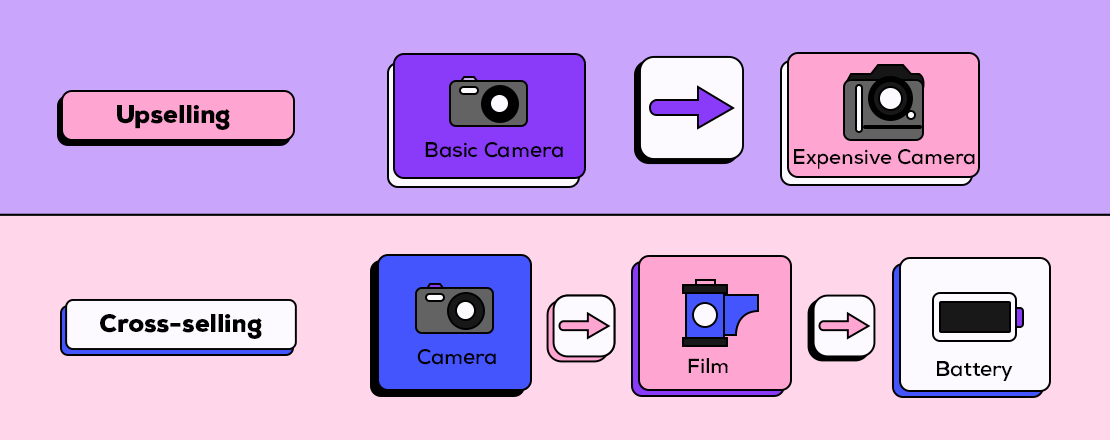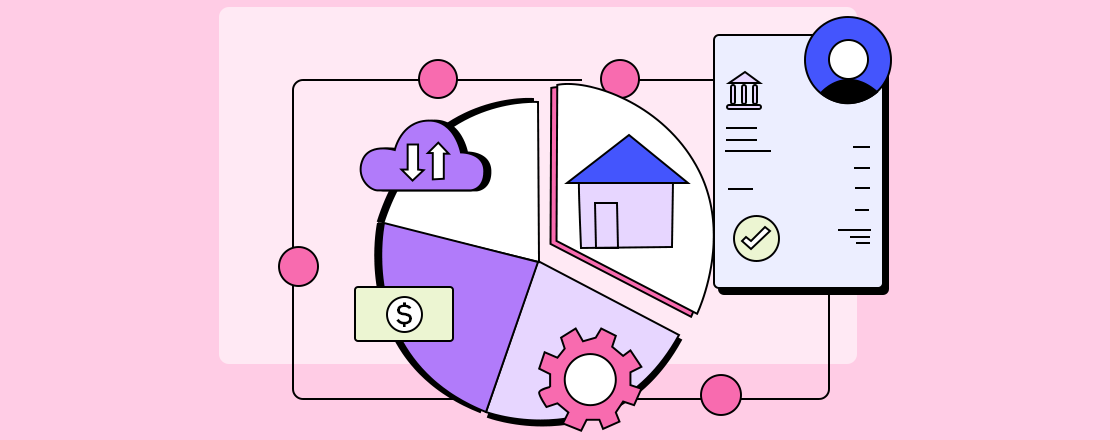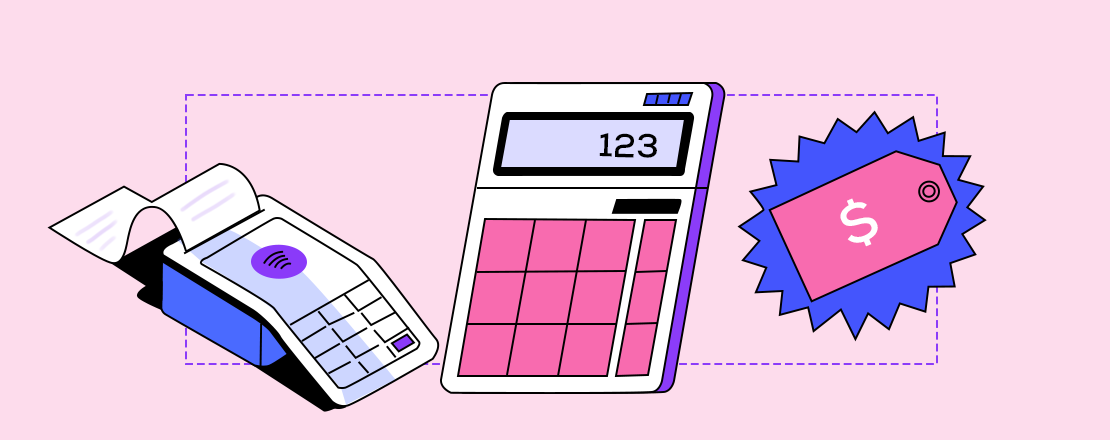A recent World Economic Forum Report* states that by 2025, 10 percent of the GDP will be stored on blockchains. Blockchain technology may not be ubiquitous yet, but it is an indisputable fact that it is a technological breakthrough that has wide-reaching potential to dramatically disrupt a broad spectrum of industries all across the world. While there are many obstacles to overcome, the labor and cost savings it could create for the global financial market are so humongous that all the major financial institutions are investing millions of dollars researching how best to implement it.
Cryptocurrency may be one of the most popular applications of blockchain so far, but the transparent and immutable nature of the technology presents a myriad use cases. Today, the global financial market serves billions of individuals and businesses, moving trillions of dollars around the conventional global financial system. Despite being a part of the digital facade, there are several issues with this antiquated system, which makes it easier for fraud to cripple it. Several use cases of blockchain can deliver worthwhile results. Here are five top ways it can be used in the lending industry:
Fraud Reduction
A PWC report states that 45 percent** of the finance industry suffers from economic crime every year, compared to only 34 percent across all other industries.
At present, the data in the financial organizations are saved in a central database, which makes it vulnerable to cyberattack. Once hackers bypass the security systems, they have full access. On the other hand, a blockchain is essentially a decentralized ledger. Each block has a timestamp and holds blocks of individual transactions with a link to a previous block. This type of system has fewer chances of falling prey to cybercriminals. A complete implementation of blockchain in the lending industry would lead to a transparent system enabling real-time fraud analysis along with the prevention of the same.
Replacing credit bureaus
Because credit bureaus store and control individual data in a centralized manner, it is always vulnerable to theft. Also, these bodies charge heavy fees for pulling out an individual’s credit history. Technically, individuals pay to access their own data. Blockchain technology can address this problem. Storing consumer data across the blockchain network easily eliminates the risks of centralized storage. And, as the data is no longer held in a central repository, ownership is handed back to the individuals whose data is being accessed.
Facilitating KYC (Know Your Customer)
Know Your Customer (KYC) is an inevitable part of the lending industry. As a part of the due diligence protocol, the process of KYC requires the lending institutions to verify and validate the primary documents of the customers. Blockchain can ease this process. The moment a financial institution authenticates a new customer’s identity, it can save his KYC document in a blockchain. This will enable other institutions to use the same KYC without repeating the process. Since the data in a blockchain can never be tempered, the authenticity of the data is an assured thing.
Creating cheaper and secure payments
There is a huge dependency on financial institutions for approving a transaction between a sender and a receiver. They also charge a hefty transaction fee for the same. Apart from this, these institutions take weeks to process and approve a loan. With blockchain technology coming into the picture, no intermediary is required to approve a transaction, and approvals can take place in less than 24 hours, making it a cheaper, faster and safer alternative to bank payments.
Enabling smart contracts
Smart contracts, enabled by distributed ledgers could be programmed by setting a set of criteria to execute financial transactions or create contracts. Heavy reliance on physical documents increases the chances of fraud and inefficiencies. Financial institutions while providing interoperability for the finance system, create overhead costs. Smart contracts will lead to lower service and administration costs, and efficient business processes across the finance segment.
The centralization of the credit industry is fallible. It’s time to start afresh and re-write the rulebook. Skeps’ blockchain-based product offers a compelling solution in this space. By efficiently creating a collaboration between merchants’ customers and lenders, Skeps aims to transform the current lending industry using a decentralized blockchain model. Read “Hi! We are Skeps”, to understand what Skeps does. Interested in collaborating?
Interested in collaborating? Request a demo or contact us at support@skeps.com.















